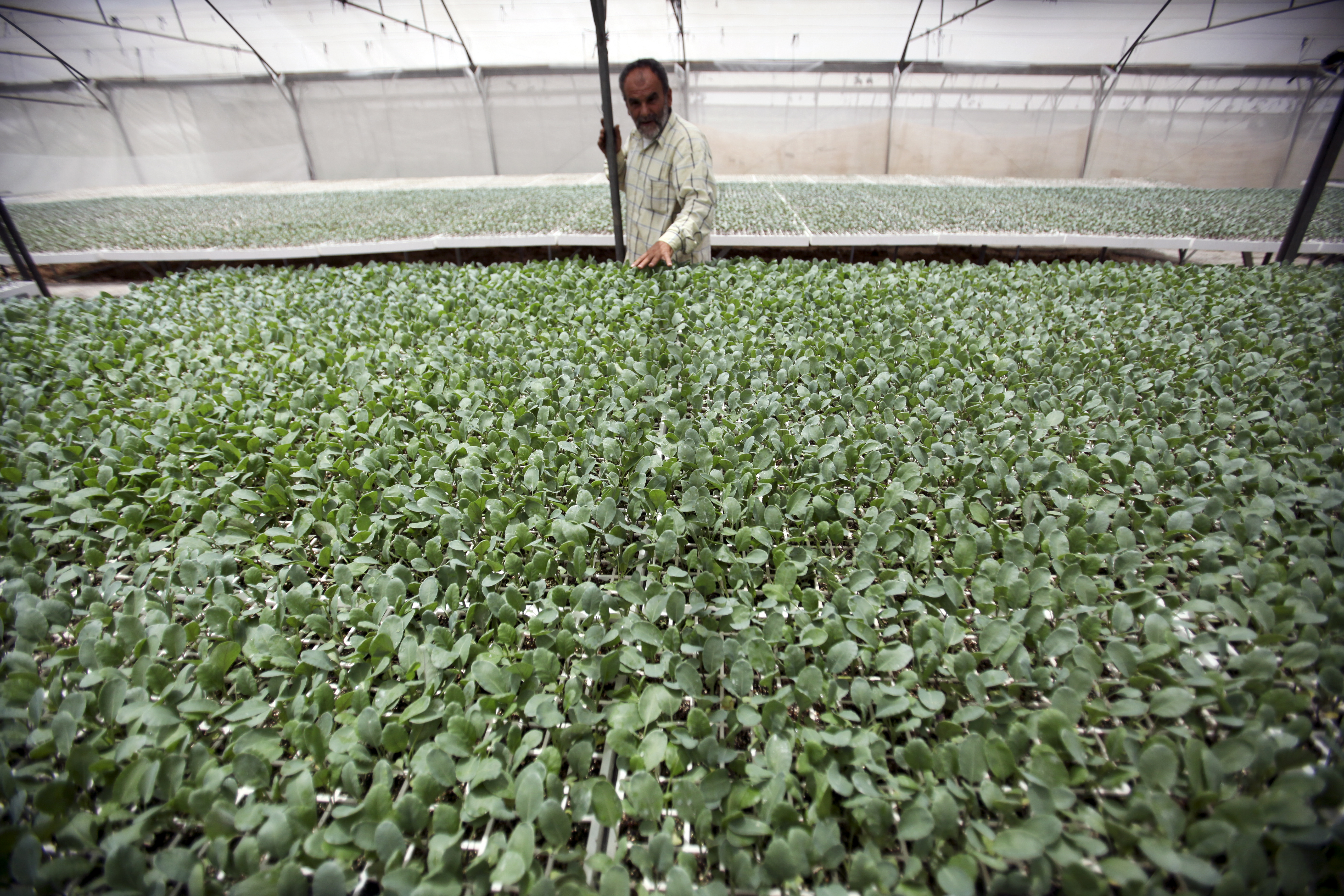The Sustainable Development Goals (SDGs) represent our most ambitious development agenda ever, setting the vision, framework and targets for the transition to a sustainable and resilient society. But with just over a decade left to achieve the SDG targets, a major push is needed to accelerate results on the road to 2030. This is particularly the case for the environmental pillars of the SDG framework, with loss of biodiversity, land degradation, water access, sustainable energy and climate change posing risks for the achievement of all SDGs.
As highlighted at this year’s global UN High Level Political Forum (HLPF) on the SDGs, unless urgent action is taken to address ecosystem disruption, development pathways will be derailed and hundreds of millions of people could be pushed into situations of fragility, displacement and poverty in coming decades. As highlighted by the UN Secretary General’s Strategy for Financing the 2030 Agenda, launched during the recent 73rd Session of the UN General Assembly, there is currently a $2.5 trillion annual gap to implement the SDGs in developing countries, thus accelerating progress depends on catalyzing new innovative forms of public policy, finance, and leadership from the private sector.
Indeed the SDGs stand as one of the greatest market opportunities in coming years, with trillions of dollars of new investment called for to transform production and consumption processes. Progress can save governments, companies and citizens billions of dollars, reduce the impact of the economy on vulnerable communities and ecosystems, and generate green growth sectors at the base of a new more resilient economy.
The expansion of impact investing for social and environmental goals, green bonds, debt for nature swaps, and climate insurance represent ways the finance sector is aligning itself to emerging green markets. Meanwhile, SDG champions are starting to emerge in business, as companies expand use of solar, reduce waste generation, enhance water use and develop new low-carbon, climate resilient products and services. Public policy is also key in this regard, with Governments around the world putting in place new innovative policies and regulations that reduce the risk for scaled up action by investors and the private sector.
These and other trends are highlighted in the 2018 World Green Economy Report, produced by the Dubai-based World Green Economy Organization (WGEO) in partnership with the University of Cambridge Institute for Sustainability Leadership, and the UN Development Programme (UNDP). Through the leadership of the United Arab Emirates (UAE), WGEO is emerging as a global platform generating thought leadership on ways to scale up innovation in business, in finance and in public policy for achieving the environmental pillars of the SDGs. This builds on the role of Dubai as an emerging global node for private sector innovation and new green finance models, and the role of the UN in facilitating south-south cooperation for green solutions.
Within the UN Development System, UNDP has been a champion in advancing this agenda through public-private partnerships and market transformation. Through an ongoing portfolio of over US$3 billion of grant assistance on climate change, energy and the environment in over 140 countries, our projects help support new upstream laws and policies, enable access to innovative finance, and mobilize the role of the private sector in developing and applying new clean technology solutions in the economy.
As expressed in the 2018 World Green Economy Report, positive examples are arising of innovative partnerships to derisk the environment for scaled up finance and business solutions. The SDGs provide an unprecedented opportunity to expand partnerships between the UN, governments and industry. Seizing global goodwill and ambition towards the SDGs, and supporting the acceleration of results, not only protects the planet, it builds the social and economic resilience of countries, and empowers emerging leaders on the road to 2030.

 Locations
Locations



